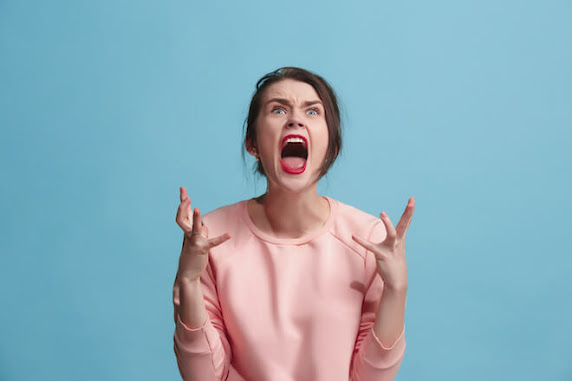What is sleep disorder?
As we know sleep is very important to carry day to day routine and for proper and healthy mental health.
Disorder that prevents you from getting restful sleep can generally cause restlessness, daytime sleepiness.
However, we can ourself analyze, either we are having sleep disorder if: –
- There is difficulty in sleeping regularly
- Feeling of tiredness during the day
- Having problem in performing regular daytime activities
- As we know sleep is very important to carry day to day routine, healthy life style and mental health.
- But deprivation of sleep can hinder normal routine such as, work routine (professional and personal) and health.
Sleep disorder can occur due to many reasons such as, because of medical conditions, like depression, anxiety, parasomnias, obstruction sleep apnea.
Different types of sleep disorders.
- Insomnia: – inability to fall asleep or to remain asleep. It can be caused due to jet lag, stress, anxiety, hormones or digestive problems.
Insomnia is classified into 3 types
1 Chronic
2 Intermittent
3 Transient
Sleep apnea: – characterized by pauses in breathing during sleep. It is a serious condition that causes body to take in less oxygen.
Parasomnias: – It causes abnormal movements and behavior during sleep.
Restless leg syndrome: – it is an overwhelming need to move the legs. This urge is sometimes accompanied by a tingling sensation in the legs.
Narcolepsy: – characterized by “sleep attacks” that occur while awake. This means that you will suddenly feel extremely tired and fall asleep without warning.
Symptoms of sleep disorder can be: –
- Episodic (lasts from 1 to 3 months)
- Persistent (lasts from 3 or more months)
- Recurrent (with two or more episodes within a year)
Diagnosis
Sleep disorder can be diagnosed by a physician by observing patient’s medical history, any kind of substance misuse, depression and other physical and mental illness. Thus, it also involves physical exam, sleep diary and a sleep study.
Sleep study also called Polysomnography, records your brain waves, oxygen level in your blood, heart rate and breathing as well as eye and leg movements during the study.
There are other techniques as well which can help a person to regulate sleep cycle. It includes: –
- Relaxation Techniques: – used before bed times and can be helpful for insomnia.
- Mind and Body approaches: – mindfulness, meditation, yoga, massage therapy.
- Herbs and dietary supplements.
- Sleep Hygiene: – Stick to sleep schedule
Avoid naps especially afternoon Exercise daily
Pay attention to bedroom environment and your mattress. Avoid alcohol, caffeine, and heavy meals in the evening.
Read more: Sleep disorder clinics in ludhiana


Comments
Post a Comment